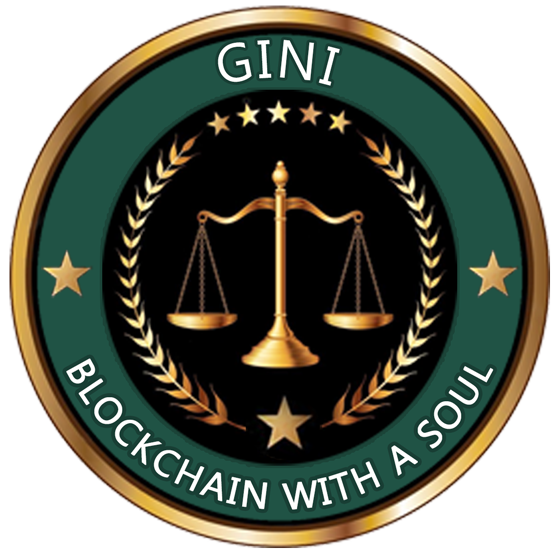How Can We Help?
What is Liberty?
One of the most important questions for every human to ask is: "What is liberty?" John Stuart Mill's famous book, On Liberty, provides arguably the most detailed and eloquent discussion of the meaning and purpose of liberty ever written. Much of the late-Classical Period theories of Political Economy and liberation literature in the early and mid-20th Century were inspired by Mill's book. Unfortunately, many people have not read his book or they distort Mill's philosophy by citing his quotes out of context to prop up a puritanical neoliberal/libertarian narrative.
John Stuart Mill Was Not a Market Fundamentalist. Despite his preference for individual liberty and self-sovereignty over the arbitrary dictates of the state, Mill was not afflicted with the market fundamentalism that has dominated popular libertarian ideology since the early 20th Century. In fact, Mill was not a market fundamentalist, i.e., he did not prioritize the fantasy of the so-called "free market" (aka, the "Law of the Jungle") above all other socioeconomic factors in society. To the contrary, like the real Adam Smith before him, Mill had a much more holistic economic philosophy than the neoclassical and neoliberal economists, which emerged later (often) to indulge the desires of giant corporations and self-serving politicians.
Mill's Balanced Understanding of Liberty. Mill thoughtfully discussed the inherent tensions between individual sovereignty and broader social stability. He discussed the problems with wealth and power concentration and their destructive impact on societies. He prioritized personal sovereignty above all other factors, except when individual sovereignty adversely impacts the integrity and health of the broader society. He had a much more nuanced and balanced perspective on the importance of individual liberty vs. broader social stability than we see from many libertarians/neoliberals today. Thus, there's no question that Mill would be deeply disturbed by the way neoliberal policies (and bank capitalism in particular) have destroyed the liberty and economic well-being of billions of humans on Earth today, among many other maladies in our global economy today.
Prioritizing Ecosystem Stability Over Individual Greed. Mill was one of the most eloquent defenders of personal liberty in human history, yet he was acutely aware of the critical importance of structuring the incentives of economic systems and communities according to the best long-term interests of each country's general population. This should be obvious to anybody, yet puritanical libertarians/neoliberals have made it seem like any attempt to create ecosystem stability with sustainable incentive structures based on principles not corrupted by money and greed is somehow a communist takeover.
In John Stuart Mill's Own Words. For those who don't have the time or desire to read Mill's books, below are a few of our favorite Mill quotes from On Liberty:
“That the only purpose for which power can be rightfully exercised over any member of a civilized community, against his will, is to prevent harm to others. . . . [However,] over himself, over his own body and mind, the individual is sovereign.”
On the importance of creating stable and sustainable societies:
“Persons of genius, it is true, are, and are always likely to be, a small minority; but in order to have them, it is necessary to preserve the soil in which they grow.”
On the importance of sincere truth-seeking:
“No one can be a great thinker who does not recognize that as a thinker it is his first duty to follow his intellect to whatever conclusions it may lead.”
On the importance of social and economic stability, equity and sustainability:
". . . every one who receives the protection of society owes a return for the benefit, and the fact of living in society renders it indispensable that each should be bound to observe a certain line of conduct towards the rest. This conduct consists, first, in not injuring the interests of one another; or rather certain interests, which, either by express legal provision or by tacit understanding, ought to be considered as rights; and secondly, in each person's bearing his share (to be fixed on some equitable principle) of the labors and sacrifices incurred for defending the society or its members from injury and molestation. These conditions society is justified in enforcing, at all costs to those who endeavor to withhold fulfilment."
For all the reasons and principles above, the Gini Foundation embraces the same understanding of liberty as J.S. Mill. We believe this approach represents the most thoughtful and effective balance between protecting the interests of individual humans and the integrity, equity and sustainability of broader societies and their economies.
Did You Like This Resource?
Gini is doing important work that no other organization is willing or able to do. Please support us by joining the Gini Newsletter below to be alerted about important Gini news and events and follow Gini on Twitter.

